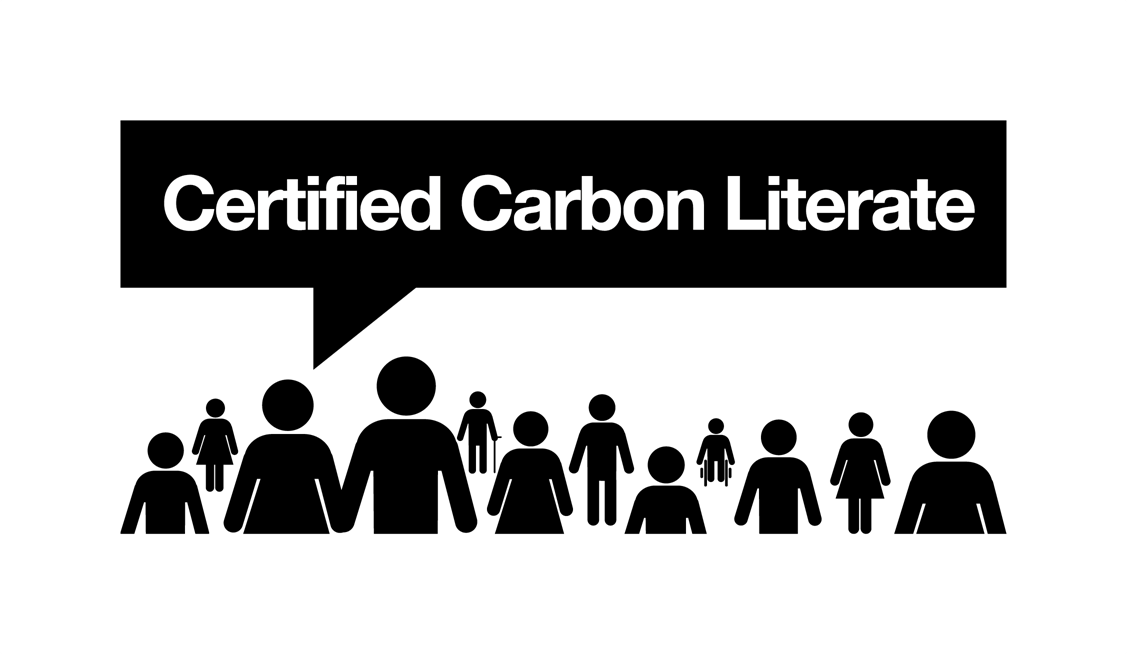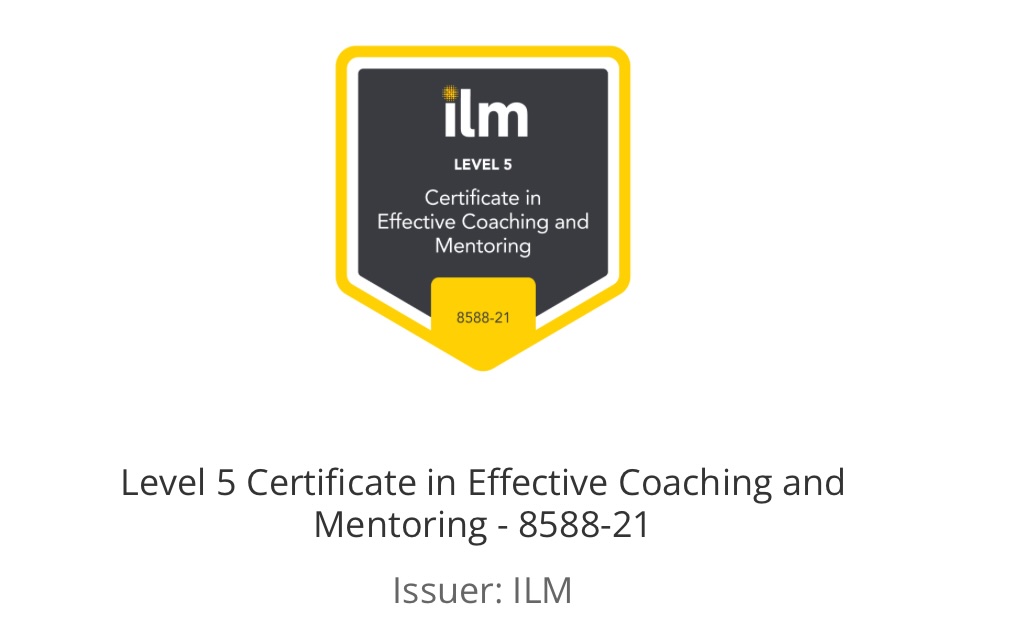Words hold immense power. They shape our thoughts, influence our emotions, and impact how we connect with others. I have always been attuned to the language people use and its effects, and this awareness has deepened since living bilingually. Immersing myself in two cultures – the one of my birth and the one of my choice – has highlighted the complexity and significance of words. When learning a foreign language, you are not only learning vocabulary but also the nuances of context, tone, and cultural meaning. The same word can carry different implications depending on how and when it’s used, making communication far more intricate than simply translating words.
At first, the process of learning a language involves consciously revising words and their meanings, mentally translating everything. However, as you immerse yourself more in a language, this process becomes automatic. You stop translating consciously, but you remain sensitive to how words affect you emotionally. You may hear a phrase and instinctively feel that something is off or curious, even if it’s subtle.
This heightened awareness extends to the language I use as well. I am conscious of the words I choose and equally aware of how the words others use make me feel. Words have a profound impact – they can uplift, motivate, or deeply hurt. I’ve seen this play out both in how I speak to myself and in my interactions with others. Harsh language, whether internal or external, can leave emotional bruises.
Mindfulness and negative self-talk
One of the areas where I’ve particularly noticed the impact of words is in my own negative self-talk. Through mindfulness, I have become more aware of the harsh, critical voice in my head. While mindfulness hasn’t entirely silenced this inner critic, it has allowed me to recognise negative patterns when they arise. By becoming conscious of them, I can begin to challenge and reframe these thoughts. I use tools like categorizing my negative thinking patterns to better understand and manage them. Although this is an ongoing process, the first step is always awareness. Sometimes, I still get caught up in negative thought spirals, but mindfulness helps me to recover more quickly.
However, it’s not just self-talk that can be damaging. Words from others can also significantly affect us. The way we communicate—whether in person or in writing—can either build someone up or tear them down. We all have moments when someone’s words have made us feel proud, happy, or validated. Conversely, we’ve also experienced the sting of words that hurt, whether intentionally or not.
Mindfulness in communication
Mindfulness plays an essential role in how we communicate with others. It encourages us to be aware of our intentions and the potential impact of our words. Recently, I had an email exchange that left me feeling frustrated and upset. The language used seemed designed to make me question a decision I was confident in, pushing me toward an outcome that would have been less favourable for me. While I want to believe the sender had good intentions, their choice of words made me feel manipulated.
In many cases, we may have an agenda when we speak, even if it’s unconscious. With mindfulness, we can reflect on whether our agenda is beneficial for both parties involved. We can also be more mindful of how we frame our thoughts and how they may be perceived by others. In a world that feels increasingly polarised, practicing mindful communication can help us bridge divides and build stronger, more compassionate relationships.
By being more intentional with our words, we can have healthier, more positive interactions and create a more understanding and connected world.
This blog was first published by May on 9th December 2022 in a slightly longer version on a different website, which is now no longer used by the author.
You might be interested in exploring the profound impact of language on our lives. Speaking of the significance of words, you may want to read about language itself and its role in shaping cultures. Additionally, understanding the concept of mindfulness can enhance your communication skills by fostering awareness and intentionality in your interactions. Moreover, if you’re curious about how effective communication can influence relationships, check out the article on interpersonal communication. Each of these topics delves deeper into how mindful choices in our words can lead to more meaningful connections with others.


